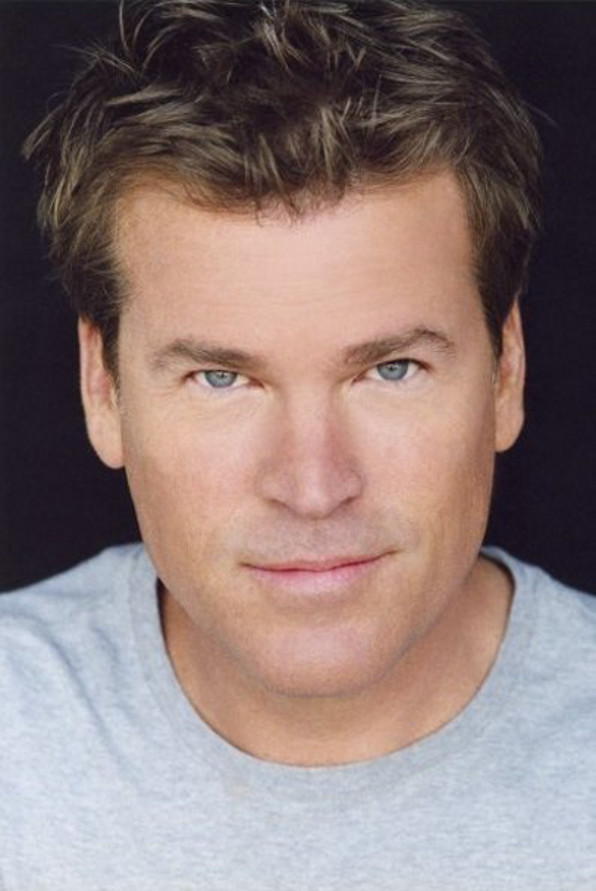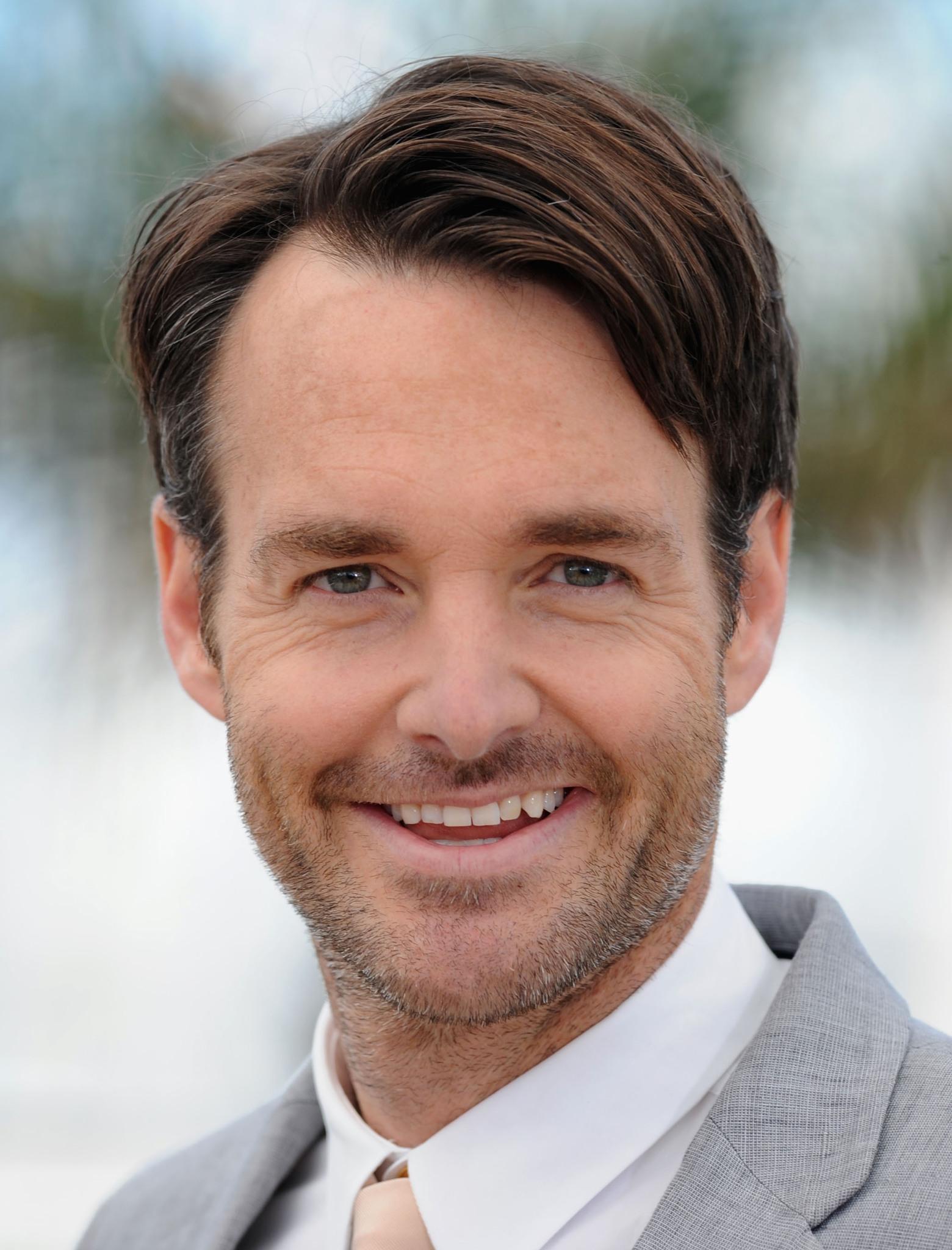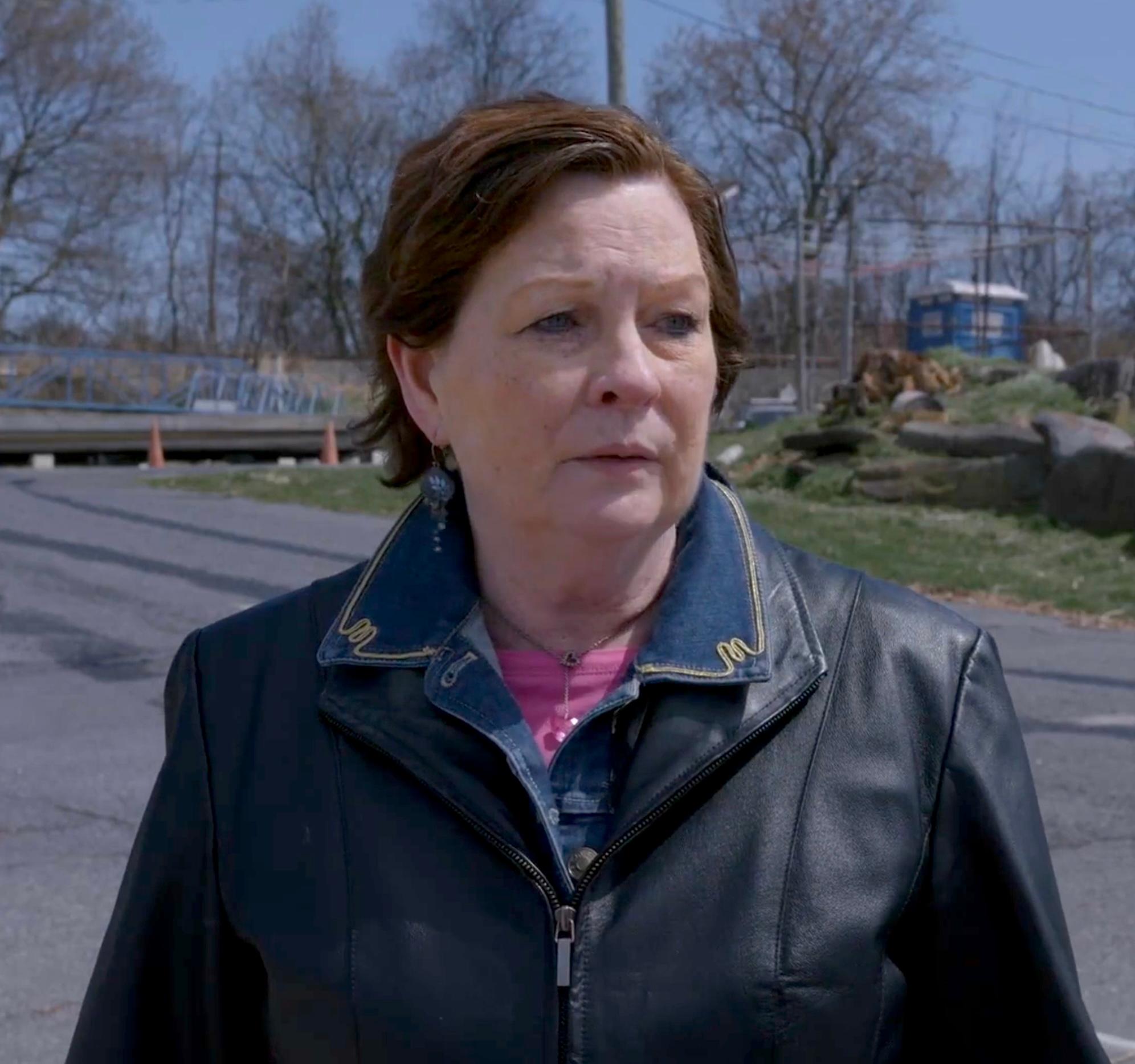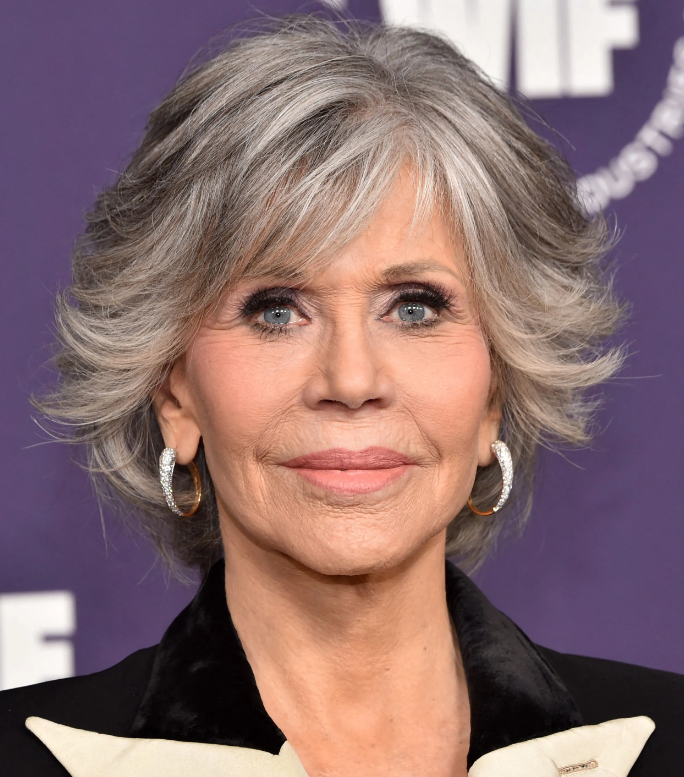
Jane Fonda
Birthdate: Dec 21, 1937
Birthplace: Manhattan, New York City, New York, USA
Jane Fonda (birthname: Jane Seymour Fonda) has been one of the quintessential figures of American social culture since the 1960s, both as a movie star, a prominent social activist, a leading feminist, and an innovator in the decades-long fitness movement. A remarkably durable actor and citizen, who has experienced numerous rises and dips in her career and popular position, Fonda’s career is virtually unprecedented and unmatched in its length, diversity, and range of activities—often characterized by fascinating contradictions.
Most notable for her film career--including winning two Best Actress Oscars (for Klute in 1971 and Coming Home in 1978) and being nominated five times for Best Actress or Best Supporting Actress--Fonda can claim a rare case (especially for a woman actor) of multiple waves of popularity and acclaim from her early 20s and well into her 80s. She is also one of the few Hollywood movie stars who has worked multiple times in movies in another language (in her case, French). Few public figures in American life since the 1960s better embody the trends and contradictions of her Baby Boom generation, as she has acknowledged herself.
Jane Fonda began her movie career with a co-starring role opposite Anthony Perkins in the poorly-reviewed Tall Story (1960), the film version of Russel Crouse’s and Howard Lindsay’s 1959 Broadway play and Howard Nemerov’s 1957 novel, The Homecoming Game, directed by Joshua Logan and written by Julius Epstein. Fonda co-starred with Laurence Harvey, Capucine, Anne Baxter, and Barbara Stanwyck in the similarly critically-trounced movie version of Nelson Algren’s A Walk on the Wild Side (1962), directed by Edward Dmytryk.
Fonda co-starred (with Andrew Duggan, Efrem Zimbalist Jr., Shelley Winters, and Claire Bloom) in another movie that pushed the allowable sexual envelope in the early 1960s with the George Cukor-directed The Chapman Report (1962), adapted from Irving Wallace’s 1960 novel fictionalizing the making of the famed sexuality text, The Kinsey Report. Fonda became a movie star as co-lead (with Tony Franciosa) of the big-screen version of Tennessee Williams’ 1961 play, Period of Adjustment (1962), marking the feature directorial debut of George Roy Hill, and scoring Fonda her first major award nomination with a Best Actress Golden Globe nod.
Legendary producer John Houseman then cast Jane Fonda in what she later said was the worst film she ever worked on, MGM’s In the Cool of the Day (1963), with Peter Finch and Angela Lansbury, followed by Norman Krasna’s movie adaptation of his Broadway comedy for MGM, Sunday in New York (1963), co-starring Cliff Robertson and Rod Taylor. A pivotal though minor film credit for Fonda was her co-starring role opposite Alain Delon in writer-director René Clément’s MGM-produced French and English-language noir, Joy House (1964), marking Fonda’s entry to France, which would play an important part in her life and career moving forward.
This would lead to Fonda’s first movie with French director Roger Vadim, La Ronde (1964, and retitled for the U.S. market as Circle of Love in a widely denounced English-dubbed version), screenwriter and playwright Jean Anouilh’s adaptation of Arthur Schnitzler’s 1897 play, Reigen (and famously adapted to the screen in 1950 as La Ronde by Max Ophüls); the movie marked Fonda’s first nude scenes (exploited in the U.S. premiere by an eight-story-high ad featuring a nude Fonda, for which she sued distributor Walter Reade-Sterling), and with Fonda playing with an all-French-speaking cast including Anna Karina, Jean-Claude Brialy, and Maurice Ronet.
Jane Fonda’s first unqualified hit movie was Columbia Pictures’ Western comedy, Cat Ballou (1965), co-starring the Oscar-winning Lee Marvin, Michael Callan, Dwayne Hickman, Nat King Cole, and Stubby Kaye, and directed by Eliot Silverstein, and grossing a sensational $20.6 million. Fonda continued to work in prestigious productions with producer Sam Spiegel casting her as the co-lead for The Chase (1966), starring Marlon Brando, Robert Redford, E.G. Marshall, and Angie Dickinson, with director Arthur Penn filming Lillian Hellman’s screenplay version of Horton Foote’s 1952 play and 1956 novel.
Fonda’s second movie with producer/co-writer/director Vadim (with whom she was now married) was the commercially and critically successful La Curée (1966, retitled The Game Is Over for the U.S. market), based on Émile Zola’s novel, and co-starring Michel Piccoli, Peter McEnery, and Tina Aumont. Fonda received her second Golden Globe nomination for her lead performance, opposite Jason Robards, in Warner Bros.’ Broadway-to-Hollywood adaptation, Any Wednesday (1966), written and produced by Julius Epstein and directed by Robert Ellis Miller.
Jane Fonda’s second Southern Gothic movie written by Horton Foote was Hurry Sundown (1967), directed by Otto Preminger, and starring Michael Caine, John Philip Law, Diahann Carroll, Robert Hooks, Faye Dunaway, and Burgess Meredith. Fonda’s final ‘60s-era rom-com (earning her a BAFTA Best Actress nomination) was the hugely successful Neil Simon comedy, Barefoot in the Park (1967), directed by Gene Saks, and marking a breakthrough role for co-star Robert Redford, with Charles Boyer, and the Oscar-nominated Mildred Natwick; with the movie grossing $30 million on a $2 million budget, it solidified Fonda’s star power.
Once again, Fonda worked with writer-director Vadim (and brother Peter, co-starring) on the European horror anthology, Spirits of the Dead (1968), with sections directed by Federico Fellini and Louis Malle. Fonda’s final movie under Vadim’s direction was the campy sci-fi Dino De Laurentiis-produced Barbarella (1968), with Law, Marcel Marceau, David Hemmings, and Ugo Tognazzi, marking the end of a phase in which Fonda in lightweight entertainments.
Jane Fonda earned her first Best Actress Oscar nomination as the star of the Sydney Pollack-directed They Shoot Horses, Don’t They? (1969), with Michael Sarrazin, Susannah York, Gig Young (winning the Best Supporting Actor Oscar), Bonnie Bedelia, and Red Buttons, earning high critical praise and strong box office, as well as nine Oscar nominations but with no Best Picture nod (making the dubious record-holder of being the most-nominated movie in Oscar history without a Best Picture nomination).
Fonda won her first Oscar (Best Actress)—as well as a clean sweep of major acting awards from the New York Film Critics, the National Society of Film Critics, and Golden Globes--for her starring turn in director-producer Alan J. Pakula’s acclaimed and highly profitable noir thriller, Klute (1971), co-starring Donald Sutherland, with Charles Cioffi and Roy Scheider. In a major artistic shift, Jane Fonda collaborated with one of the world’s most innovative filmmakers, Jean-Luc Godard (with Jean-Pierre Gorin as co-director/writer), on the striking political film, Tout va bien (1972), with Yves Montand, Vittorio Caprioli; Godard and Gorin, under their collective name, The Dziga Vertov Group, followed this with a kind of tribute film to Fonda (but in which she didn’t act), the non-fiction antiwar essay film, Letter to Jane (1972).
Fonda was part of the ensemble of the crime comedy, Steelyard Blues (1973), with Sutherland, Peter Boyle, and Howard Hesseman, written by David S. Ward and directed by Alan Myerson. Fonda took on the role of Nora opposite David Warner, Trevor Howard, and Edward Fox in Henrik Ibsen’s early feminist classic drama, A Doll’s House (1973), freely adapted by writer David Mercer and directed by Joseph Losey, who publicly clashed with Fonda and cast member Delphine Seyrig. Fonda then co-starred with Elizabeth Taylor, Cicely Tyson, Will Geer, Pavlova, and Ava Gardner in one of the few U.S.-Soviet co-productions during the Cold War, the George Cukor-directed fantasy movie, The Blue Bird (1976), criticized as a poor version of Maurice Maeterlinck’s play.
In a rare dip into the pools of black comedy, Jane Fonda joined co-star George Segal in Fun with Dick and Jane (1977), directed by Ted Kotcheff and co-written by David Giler, Jerry Belson, and renowned Canadian novelist-dramatist Mordecai Richter. Fonda achieved great acclaim (and her second Best Actress Oscar nomination, as well as a Golden Globes win) opposite Vanessa Redgrave, Jason Robards, Hal Holbrook, Rosemary Murphy, Meryl Streep, and Maximillian Schell in Julia (1977), based on a chapter in Pentimento, a book of portraits of people known by author Lillian Hellman (portrayed by Fonda on screen).
The movie was fortunately not damaged by a subsequent controversy stemming from Hellman’s veracity about this story, which was challenged by fellow author Mary McCarthy, whom Hellman then sued for libel; an investigation indicated that Hellman at least partly if not fully dramatized the character of Julia (portrayed in the film by Redgrave). In a remarkable streak, Jane Fonda won her second Oscar in a row for her co-starring role opposite Jon Voight (who won the Best Actor Oscar) and Bruce Dern in the hit Hal Ashby-directed Coming Home (1978), grossing $36 million on a $3 million budget.
Fonda reunited with director Alan J. Pakula and actor Robards for the epic Western, Comes a Horseman (1978), co-starring James Caan and the Oscar-nominated Richard Farnsworth, which received a mixed audience and critical reception. Fonda’s next movie was also an Oscar contender, and her second with writer Neil Simon, California Suite (1978), directed by Herbert Ross and co-starring Alan Alda, Walter Matthau, Michael Caine, Elaine May, Bill Cosby, Richard Pryor, and Maggie Smith (who won the Best Supporting Actress Oscar).
Fonda was yet again nominated for the Best Actress Oscar for her co-starring role in the acclaimed nuclear power disaster movie, The China Syndrome (1979), which happened to be the second movie in consecutive years where Fonda’s male co-star won the Palm for Best Actor at the Cannes Film Festival—in this case, Jack Lemmon, who co-starred opposite Fonda and Michael Douglas, and which grossed a powerful $51.7 million on a $5.9 million budget.
Jane Fonda reunited with co-star Robert Redford on the Western comedy, The Electric Horseman (1979), directed by Sydney Pollack. She proved to be another hit ($62 million gross) for Fonda—this one marketed with just her last name in bold letters as “REDFORD FONDA,” with Willie Nelson in a supporting role. Fonda co-starred (with Lily Tomlin, Dolly Parton, and Dabney Coleman) in another spectacular box-office hit, the long-beloved office comedy, 9 to 5 (1980), co-written (with Patricia Resnick) and directed by Colin Higgins, spawning a TV series and a Broadway musical.
Fonda purchased the rights to Ernest Thompson’s 1979 play as a starring vehicle for her father, Henry, for Thompson’s movie version of On Golden Pond (1981), directed by Mark Rydell and winning Henry and co-star Katherine Hepburn paired Oscars for Best Actor and Best Actress, among its ten nominations. Jane Fonda’s first dud after her sizzling run of hits and awards was her third movie with director Alan J. Pakula, Rollover (1981), co-starring Kris Kristofferson and Hume Cronyn, followed by Fonda taking the lead role in writer John Pielmeier’s screen version of his play, Agnes of God (1985), directed by Norman Jewison and co-starring Anne Bancroft and Meg Tilly (both Oscar-nominated), earning a solid gross ($25.6 million) and mixed reviews.
Fonda’s next Best Actress Oscar nomination came with the Sidney Lumet-directed psychodrama, The Morning After (1986), co-starring Jeff Bridges and Raul Julia, and then Fonda co-starred opposite Gregory Peck and Jimmy Smits in co-writer (with Aida Bortnik) and director Luis Puenzo’s poorly received screen version of Carlos Fuentes’ novel, Old Gringo (1989). Fonda’s final movie for the next fifteen years was directed by Martin Ritt, the commercially and critically failed drama, Stanley & Iris (1990), co-starring Robert De Niro.
Despite being fifteen years away from the movies, Jane Fonda received an above-the-title billing for the hit rom-com (grossing a solid $154 million), Monster-in-Law (2005), co-starring Jennifer Lopez and Wanda Sykes. With co-stars Lindsay Lohan and Felicity Huffman, Fonda then starred in the poorly-received comedy-drama directed by Garry Marshall, Georgia Rule (2007). Four years passed until Fonda appeared in her next movie, writer-director Stéphane Robelin’s French-German comedy (in the French language), Et si on vivait tous ensemble? (2011), in which Fonda performed in French opposite an all-star European cast of Guy Bedos, Daniel Bruhl, Geraldine Chaplin, Claude Rich, and Pierre Richard, and premiered at the Locarno Film Festival.
Fonda starred opposite Catherine Keener and Elizabeth Olsen in the comedy-drama, Peace, Love & Misunderstanding (2011), directed by Bruce Beresford, and generally panned after its Toronto Film Festival premiere. Jane Fonda portrayed Nancy Reagan in one of her few supporting performances in the commercial hit, Lee Daniels’ The Butler (2013), starring Forest Whitaker, Oprah Winfrey, John Cusack, Cuba Gooding Jr., Terrence Howard, Lenny Kravitz, James Marsden, David Oyelowo, Vanessa Redgrave, Alan Rickman, Liev Schreiber, Robin Williams, and Clarence Williams III.
Fonda joined another successful ensemble comedy-drama, This Is Where I Leave You (2014), writer Jonathan Tropper’s feature version of his 2009 novel directed by Shawn Levy. Fonda earned another Golden Globe nomination (for Best Supporting Actress) for her role in Italian writer-director Paolo Sorrentino’s second successful English-language movie, Youth (2015), starring Michael Caine, Harvey Keitel, Rachel Weisz, and Paul Dano, premiering in competition at the Cannes Film Festival and winning best film, director and actor (for Caine) at the European Film Awards.
In recent years, Jane Fonda has been cast in a mix of supporting and lead roles, including the poorly received U.S.-Italian drama from director Gabriele Muccino, Fathers and Daughters (2015), starring Russell Crowe, Amanda Seyfried, Aaron Paul, Diane Kruger, Quvenzhane Wallis, Bruce Greenwood, and Octavia Spencer. Fonda co-starred in the mega-hit comedy, Book Club (2018), making nearly ten times (over $104 million) costs, and co-starring Diane Keaton, Candice Bergen, and Mary Steenburgen, and marking the first movie in her career that spurred a sequel, Book Club: The Next Chapter (2023), with the same starring cast and writer-director, Bill Holderman.
Jane Fonda co-starred for the first of two consecutive comedies with Lily Tomlin—writer-director Paul Weitz’s Moving On (2022), which premiered at the Toronto Film Festival, and then Paramount’s mildly received sports comedy, 80 for Brady (2023), with co-stars Rita Moreno, Sally Field, and producer Tom Brady joining Fonda and Tomlin. In one of her few voice performances in an animated movie, Fonda joined the ensemble of Lana Condor, Toni Collette, Will Forte, and Colman Domingo for Universal Pictures’ Ruby Gillman, Teenage Kraken (2023), premiering at the Annecy Film Festival.
Personal life
Jane Fonda was born and raised in New York City by parents Frances Seymour Fonda (socialite) and legendary actor Henry Fonda. Jane Fonda’s first name comes from Jane Seymour, the third wife of Henry VIII, to whom her Canadian-born mother Frances was distantly related. Her brother was actor-filmmaker Peter Fonda; Jane is aunt to former actor-camera assistant Justin Fonda and actor Bridget Fonda. Jane Fonda’s mother committed suicide when Jane was 12 years old, followed by her father Henry marrying another socialite, Susan Blanchard, but the couple later divorced.
Jane Fonda studied at the Connecticut-based Greenwich Academy and the New York-based Emma Willard School. Fonda then attended Vassar College but then left Vassar to study art in Paris. At the same time, she grew interested in acting and also devoted some time to professional modeling, including landing on the cover of Vogue magazine. After meeting renowned acting teacher Lee Strasberg and receiving encouragement from him, Fonda decided to pursue an acting career. Fonda has been married three times in highly public marriages, starting with French filmmaker Roger Vadim, to whom she was married from 1965 to 1973; the couple had one child, director-cinematographer Vanessa Vadim, and Fonda has one grandchild from Vadim, Viva Vadim. Soon after her divorce from Roger Vadim, Fonda married activist-author Tom Hayden, to whom she was married from 1973 until their divorce in 1990; the couple had two children, actor Troy Garity and unofficially adopted teenager and future activist Mary Luana Williams.
Fonda’s third marriage was to media tycoon and CNN founder Ted Turner, with whom she had no children, though the couple did raise Mary to adulthood. This marriage ended in divorce in 2001. Since then, Fonda has remained single, but was in relationships with management consultant Lynden Gillis from 2007 to 2008 and then to record producer Richard Perry from 2009 to 2017. Though she grew up as an atheist, Fonda developed an interest in a progressive, feminist-themed Christianity in the 2000s.
Fonda has had three bouts with cancer, including breast cancer (for which she had a lumpectomy in 2010), a cancerous growth on her lip that was removed in 2019, and non-Hodgkin lymphoma that was in remission in late 2022 after chemotherapy treatment. Fonda’s philanthropic work includes support for the environment, youth, and education, and founded multiple foundations, including the Georgia Campaign for Adolescent Power and Potential, the Fonda Family Foundation, and the Jane Fonda Foundation in 2004. Fonda’s height is 5’ 7”. Fonda’s estimated net worth is $200 million.
Jane Fonda Movies
actor
Previous (11)
Facts About Jane Fonda
“Lady”: Until she was in fourth grade, Jane Fonda’s sarcastic nickname was “Lady Jane,” because of her mother’s distant relations to Lady Jane Seymour, the third wife of Henry VIII.
The Men in Her Life: Part of the complexity of Fonda’s life is that parallel to her position as a leading feminist and public leader in the original Women’s Liberation movement, she has also acknowledged that she felt the need to be in marriages and relationships with “alpha males” who made her feel inadequate. Along with a long list of rumored relationships, she has been in relationships with actor James Franciscus, racecar manager Giovanni Volpi, producer Sandy Whitelaw, actors Donald Sutherland, Warren Beatty, Peter Mann, William Wellman Jr., and Christian Marquand, as well as producer Jose Antonio Sainz de Vicuna, political organizer Fred Gardner, and has also written about dating closeted gay men including dancer Timmy Everett and director Andreas Voutsinas.
Author: Jane Fonda has published three books, including her 2005 autobiography, My Life So Far; her 2011 self-help book, Prime Time: Sex, Fitness, Friendship, Spirit—Making the Most of All of Your Life; and her climate crisis activist book, What Can I Do?: The Truth about Climate Change and How to Fix It, published to acclaim in 2020.
Climate Crisis Activist: Fonda has been arrested four times for public protests calling attention to the climate crisis, including protests outside the U.S. Capitol, and with the activist group Oil Change International. Fonda has also formed a political action committee, the Jane Fonda Climate PAC, aiming to defeat elected officials backing the fossil fuel industry.
Frequently Asked Questions
What is Jane Fonda's birth name?
When was Jane Fonda born?
How tall is Jane Fonda?
Who are Jane Fonda's spouses?
Does Jane Fonda have children?
Who are Jane Fonda's parents?
What are Jane Fonda's movies and TV shows?
What is Jane Fonda's net worth?
Jane Fonda News
People Also Searched For







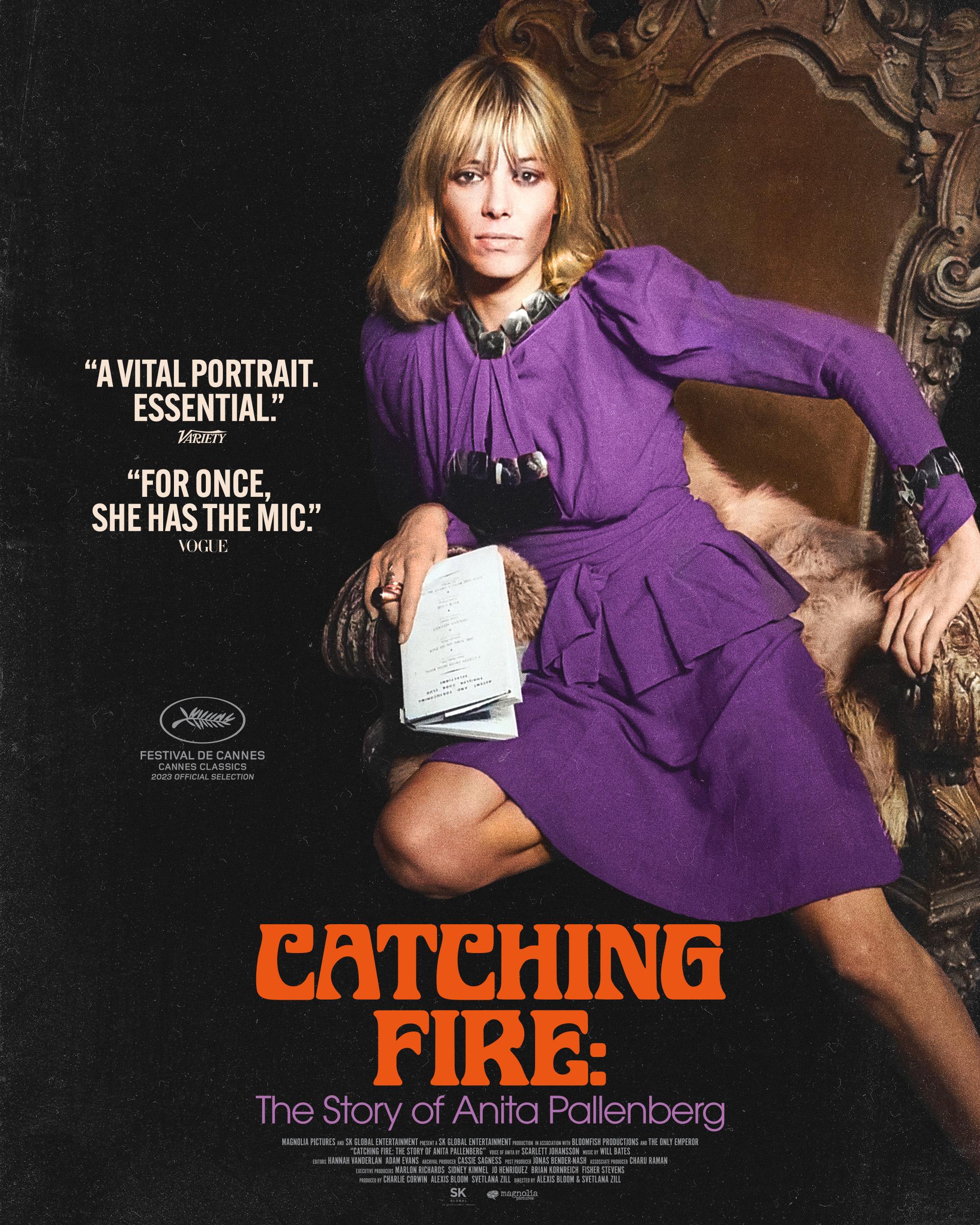
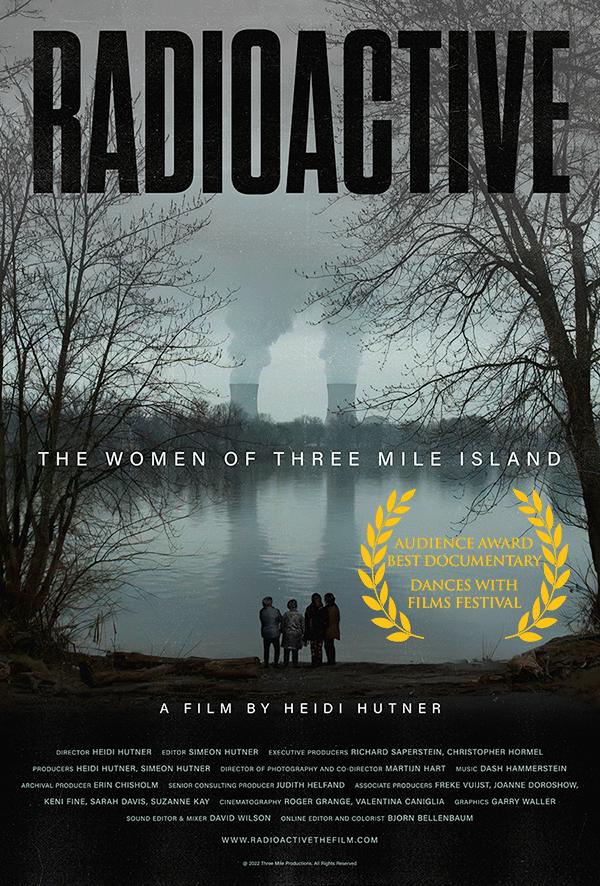
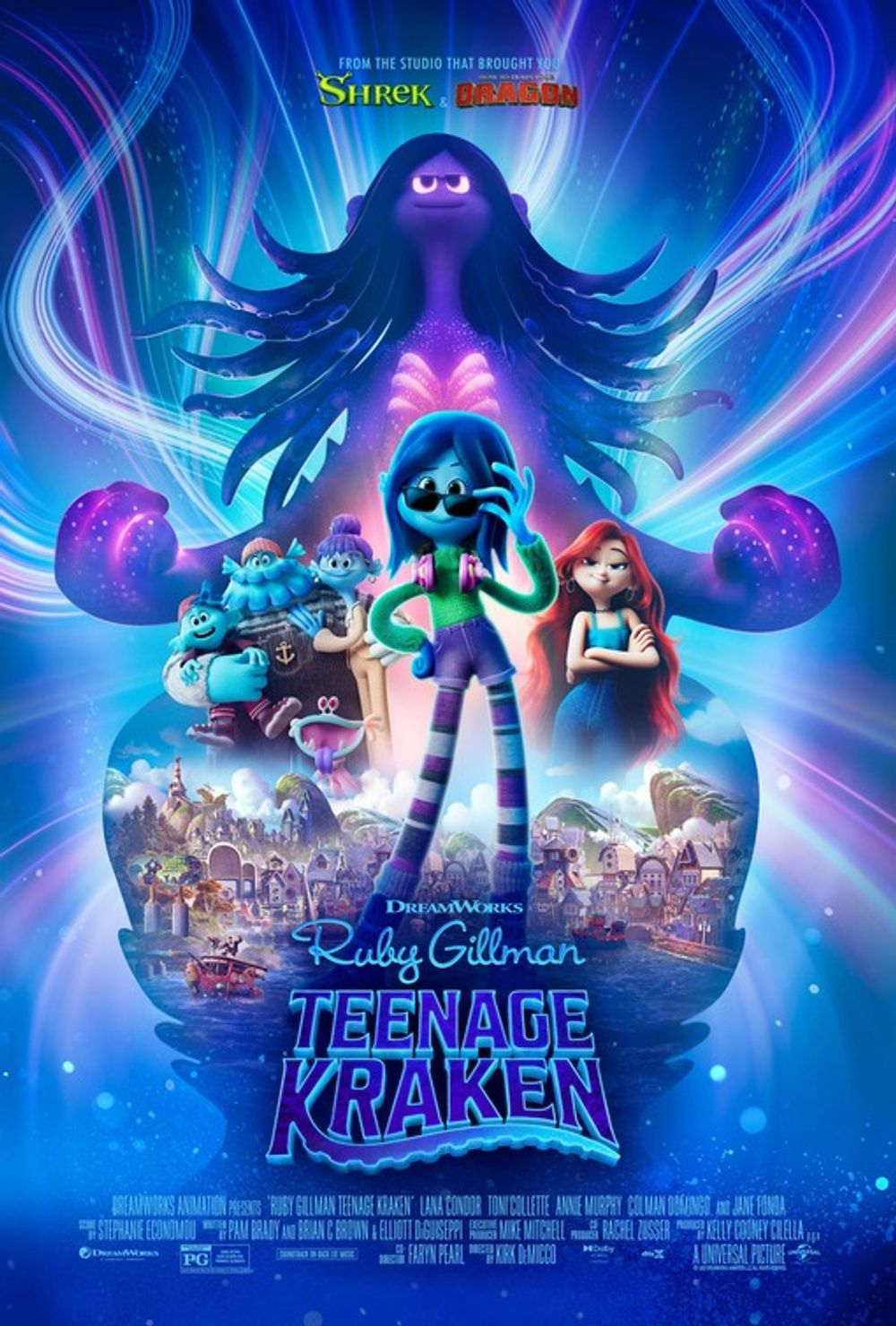
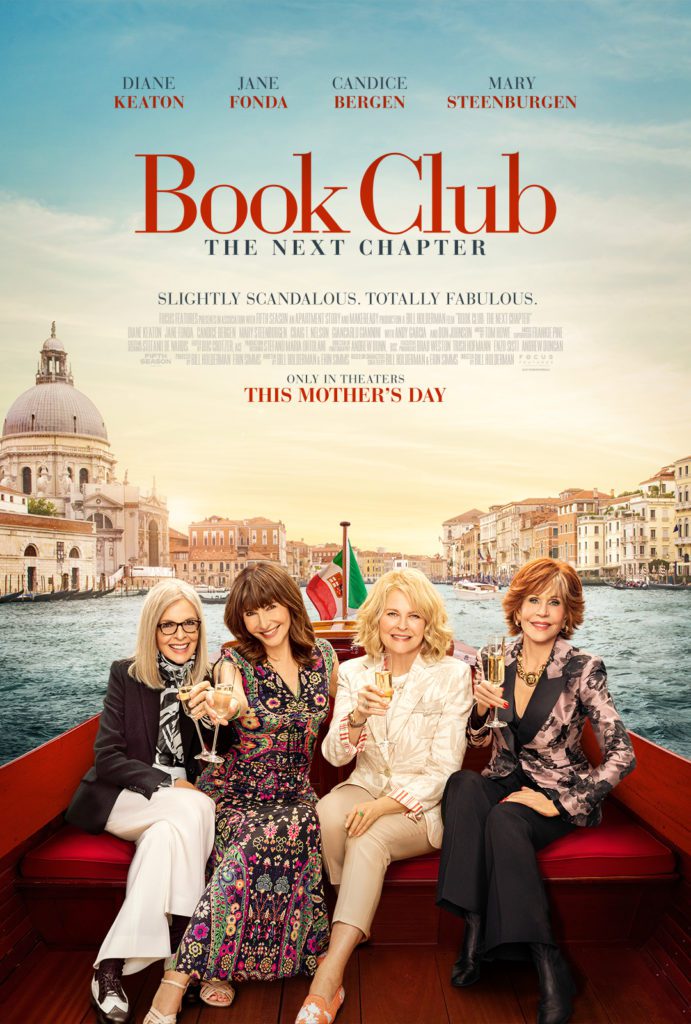
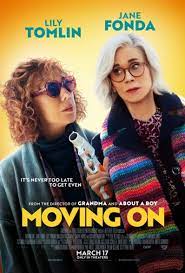
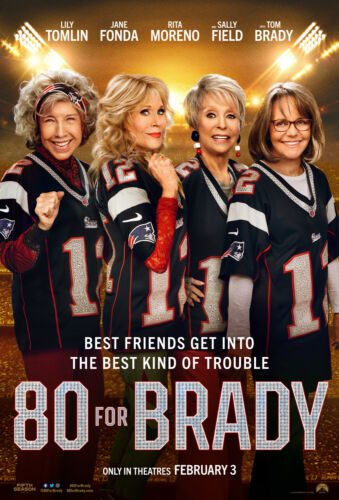
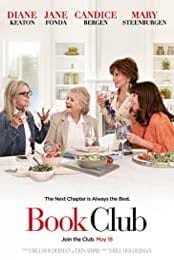

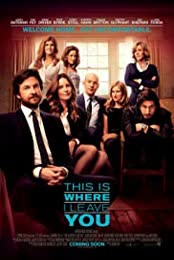
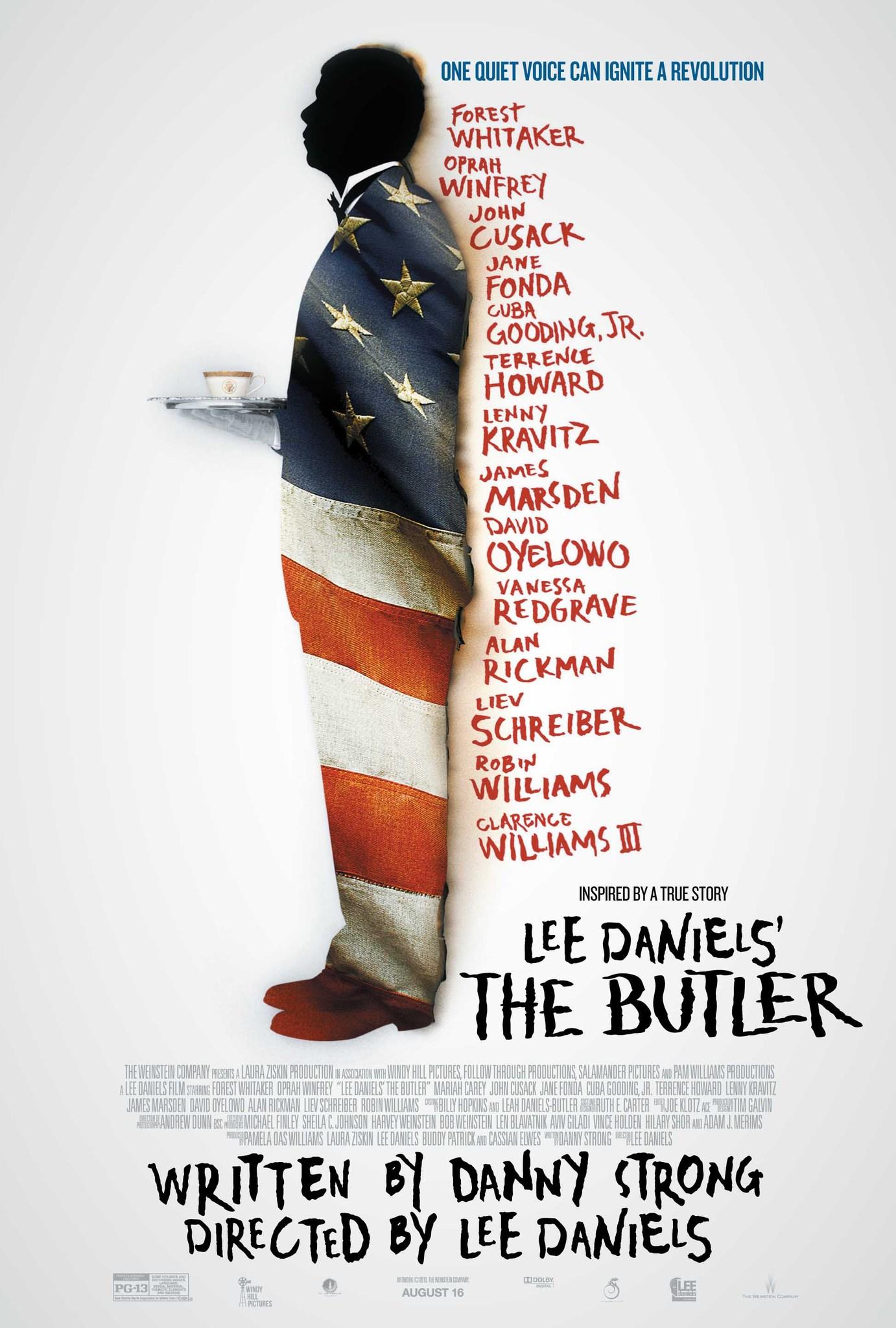
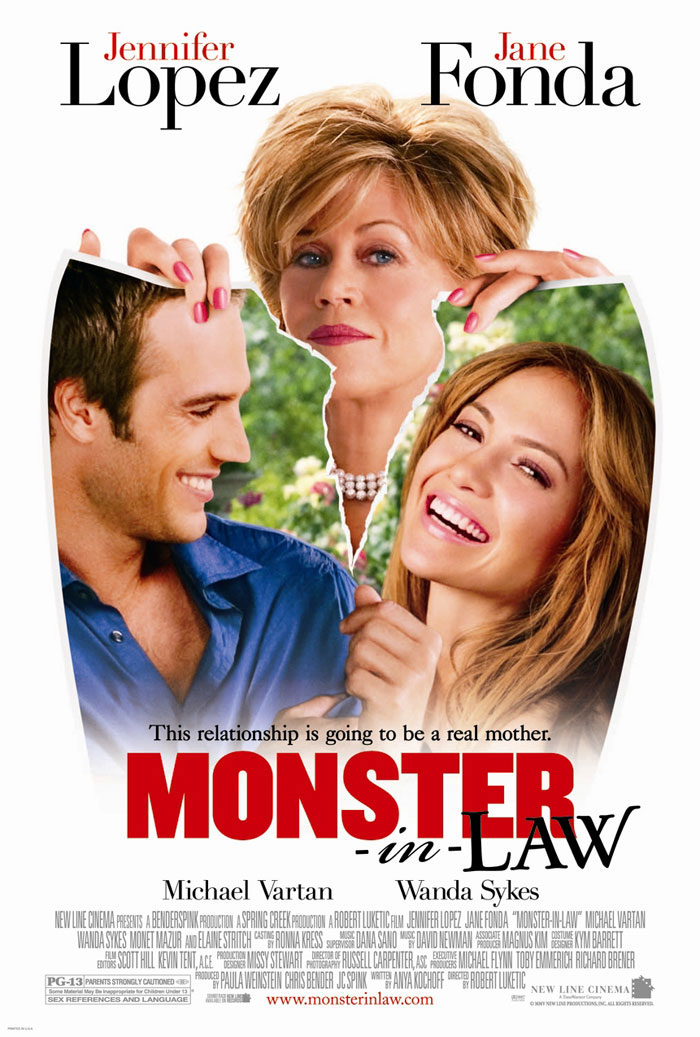



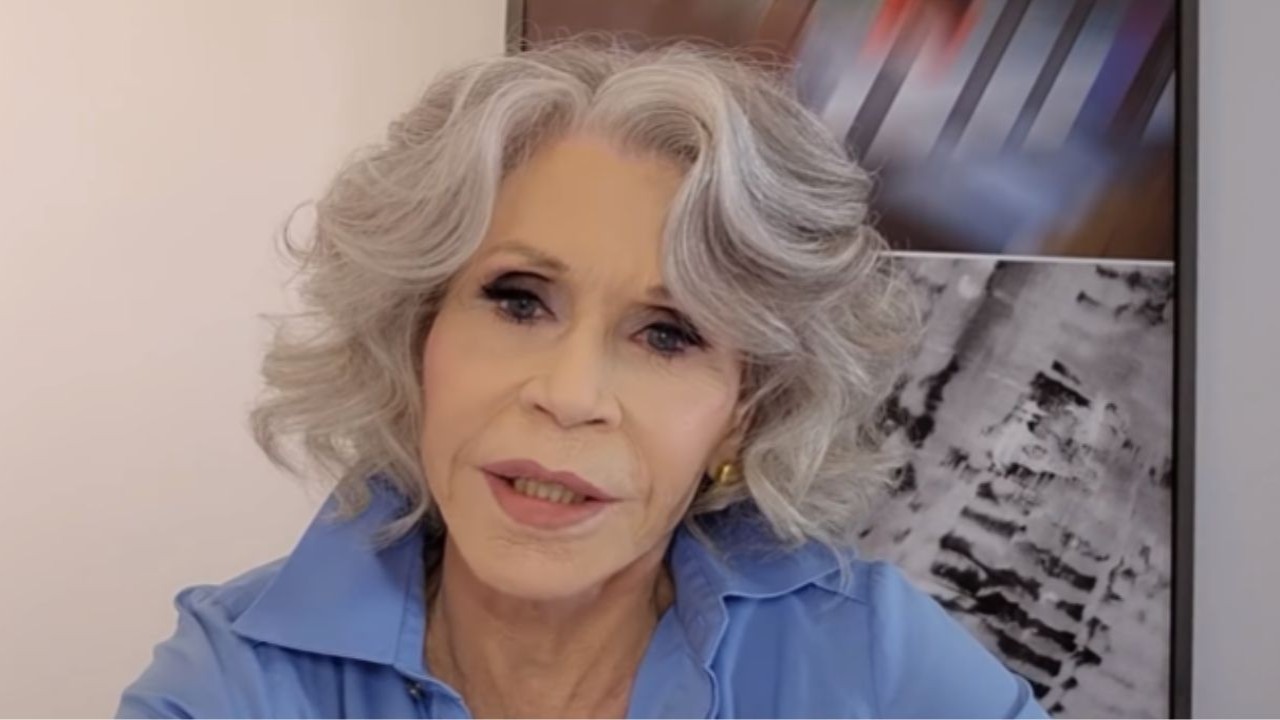

:max_bytes(150000):strip_icc():focal(748x314:750x316)/Jane-Fonda-then-and-now-021925-tout-45afd77f1583456c90b3a1c2bc50b78b.jpg)

